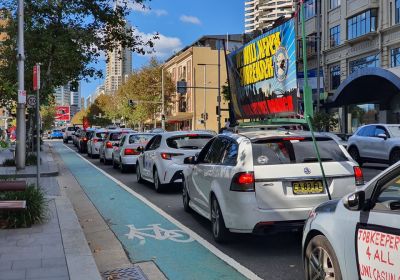
About 100 vehicles joined a car convoy in Sydney on May 1 to mark May Day, the international day of workers’ solidarity, reports Jim McIlroy.

About 100 vehicles joined a car convoy in Sydney on May 1 to mark May Day, the international day of workers’ solidarity, reports Jim McIlroy.
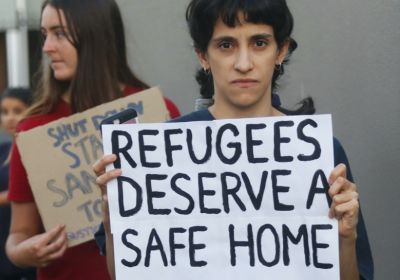
Dozens of refugees detained at a hotel in Kangaroo Point, Brisbane, staged a protest on their balconies on April 24 to highlight the risk of catching COVID-19 while detained, reports Kamala Emanuel.
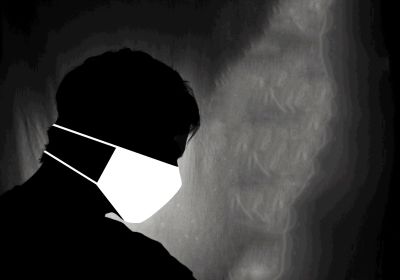
The Victorian government’s April 29 announcement of a one-off payment to international students is utterly miserable, writes Zebedee Parkes.
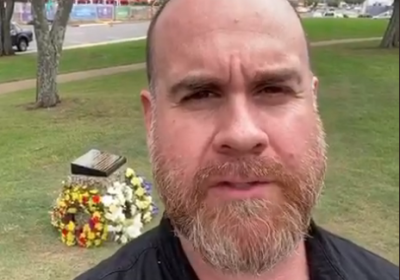
Maritime Union of Australia national safety and training officer Jake Field speaks about the day workers commemorate the lives of their workmates, loved ones and friends who have been tragically killed or injured at work.
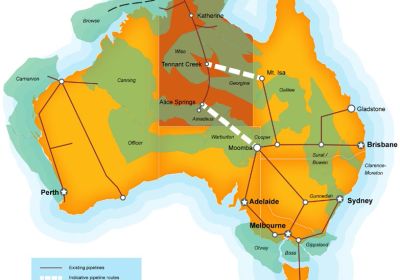
Despite an global oversupply of gas, fracking companies are pushing ahead with plans for a post-COVID-19 gas recovery. They are being buoyed by pro-gas state, territory and federal governments, writes Daniel Robbins.
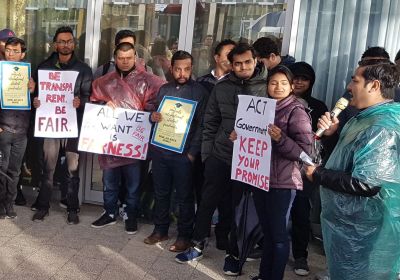
While temporary migrant workers and international students account for more than 10% of Australia’s workforce, they have been left out of the federal government’s COVID-19 relief response, along with refugees, writes Chloe DS.
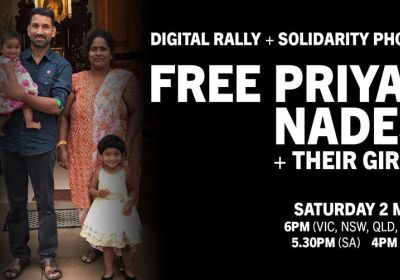
Activists are stepping up the pressure for a Tamil family to be released from detention on Christmas Island and returned to Biloela in Queensland, reports Chris Slee.
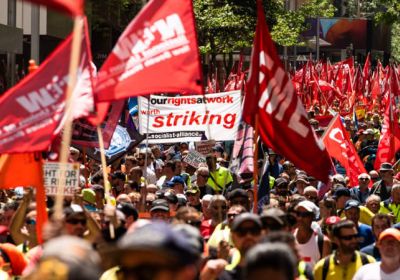
The Socialist Alliance has produced a set of campaign demands as a contribution to the union movement's discussion about how to fight back during the COVID-19 pandemic, while ensuring no worker is left behind.
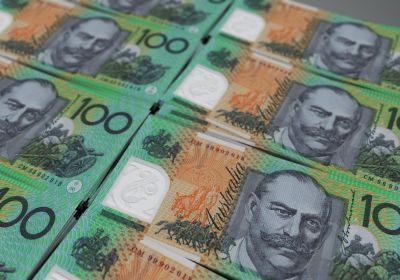
Why is the federal government budgeting its JobKeeper program on the basis of 6 million workers needing support while the projected unemployment rate without JobKeeper would be an extra 700,000 workers, asks Michael Bull.
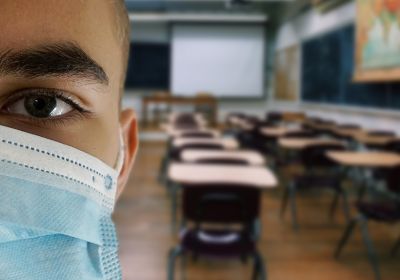
Along with debating when schools should reopen, we need a society-wide discussion about what's necessary to tackle the existing, and deepening, inequalities in the education system and their impact on children, teachers and parents, argues Fred Fuentes.
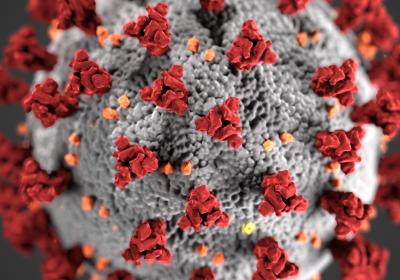
Green Left's Jacob Andrewartha has a discussion with Socialist Alliance national executive member Peter Boyle regarding the lessons socialists can draw from the COVID-19 crisis, the limitations of the response by capitalist governments and practical measures socialists should advocate for.
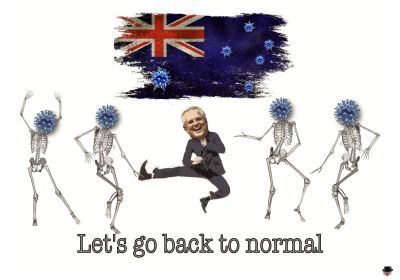
“Normal” was so broken, we don't want to go back to that. But, as Sam Wainwright argues, we're going to have to build a movement strong enough to transform Australia’s economy.
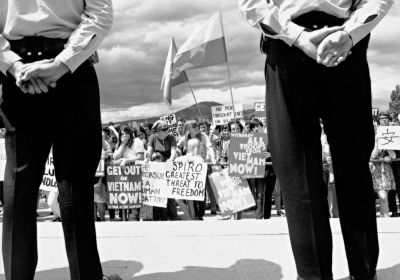
On May 8, 1970, one of the greatest mass mobilisations in Australia's history took place — the first Vietnam Moratorium against the country’s involvement in the murderous US-led invasion of Indochina. Participant Jim McIlroy reflects on the political lessons.
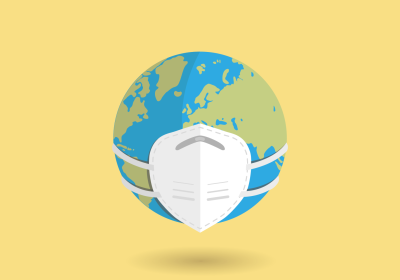
Swedish environmental activist Greta Thunberg chose the 50th anniversary of Earth Day to add her voice to the push for society to “tackle two crises at once” — the COVID-19 pandemic and the climate crisis, writes Jim McIlroy.
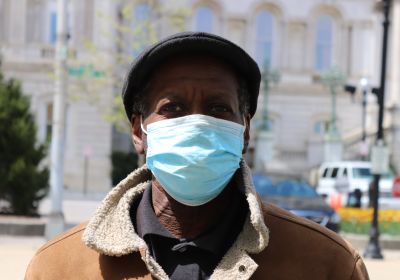
The science must guide how we safely return to work. Those who pit generations against each other are pushing a cheap and nasty divide-and-rule strategy which deflect from capitalism's failures to all generations, writes Pip Hinman.
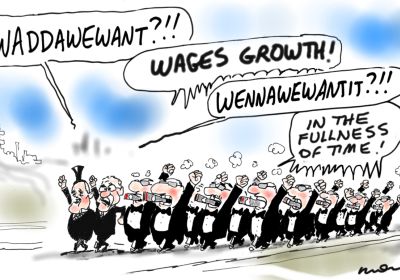
Modern Monetary Theory is getting increasing attention as a means to solve economic problems, especially as governments spend big under COVID-19. Neville Spencer explains its usefulness and its limitations.

Greens Councillor Jonathan Sri, who represents The Gabba ward in Brisbane, says he will not be installing the COVID-19 surveillance app and explains why other measures, without any nasty stings, would be more effective in helping reduce the spread of the pandemic.
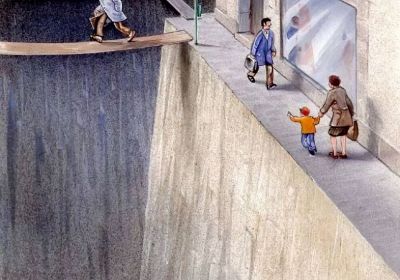
The absence of cars in our car-dominated cities in the COVID-19 pandemic reminds us that we need green space and mass transit, argues Andrew Chuter.
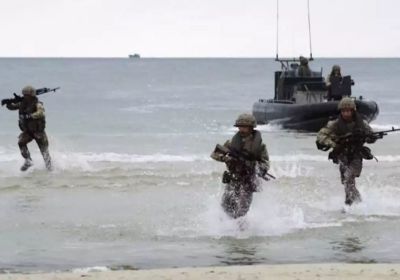
The Independent and Peaceful Australia Network is calling on the Australian government to stop funneling billions of dollars into offensive weapons for unjust United States-led wars, and invest instead in the health and safety of people and the environment.
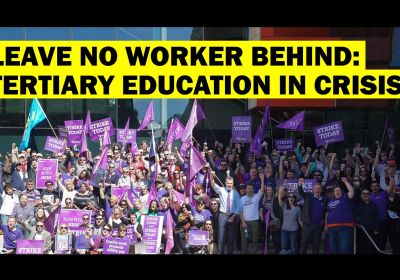
This episode of Green Left features an important discussion with National Tertiary Education Union branch presidents and Socialist Alliance members Jonathan Strauss and Helen Masterman-Smith on the kind of politics and fight needed to save universities.
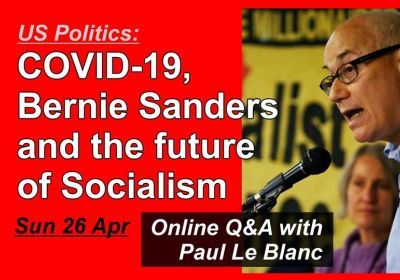
This episode of Green Left is a recording of an online forum with long-time US revolutionary socialist and historian Paul Le Blanc, in which he addresses the character of the COVID-19 disaster under late capitalism, Bernie Sanders' campaign for preselection as the Democratic presidential candidate and the future of socialism in the United States.
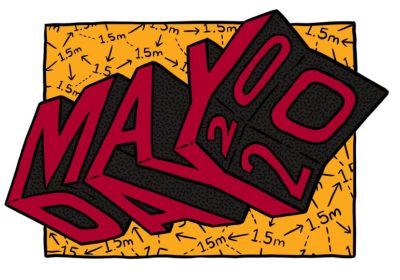
On May Day 2020, several left parties and labour groups in Southeast Asia have come together to issue a joint statement to call for solidarity and put forward working class demands in the times of coronavirus pandemic.

In this time of crisis, Jeyakumar Devaraj argues governments cannot worry about maintaining the profits of the rich, and should instead focus on the basic needs of the poor.
Activists from international solidarity campaign group Make Rojava Green Again speak with Jiyan from the Union of Young Women of North-East Syria (the region known as Rojava), about women's liberation, democratic confederalism, the importance of ecology and the role of youth and young women in building a democratic, free and ecological society.

Reopening the US economy while the virus is still freely circulating will cost lives, writes Mike Davis.
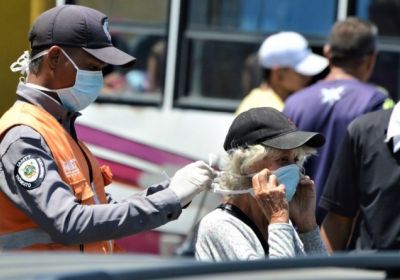
Federico Fuentes compares how the left-wing government of Venezuela and the right-wing coup government of Bolivia are responding to the COVID-19 epidemic.
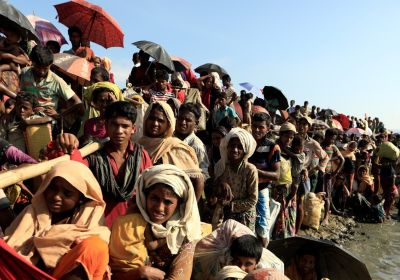
A boat carrying 200 Rohingya men, women and children was turned away from Malaysian shores by the Royal Malaysian Navy on April 16, writes Alex Salmon. This move comes amid growing xenophobic sentiment against Rohingya refugees in Malaysia.
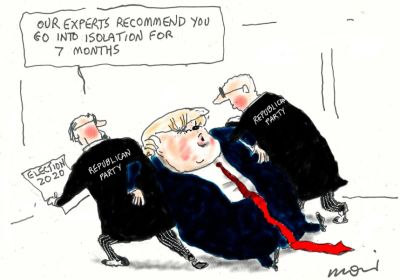
United States President Donald Trump has made many stupid remarks in his daily campaign events on TV, writes Barry Sheppard. But suggesting that injecting or ingesting “disinfectants” could be used to combat the virus has created criticism even within his own party.
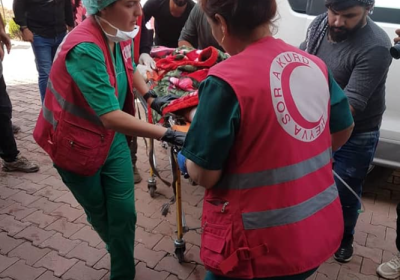
Green Left’s Peter Boyle spoke to Salih Muslim, of the Democratic Union Party in north and east Syria, about the threat COVID-19 poses throughout the region.
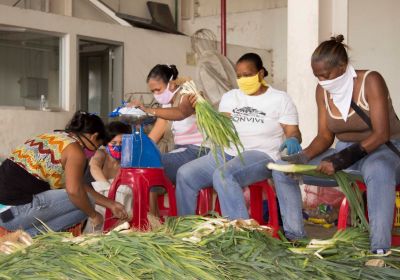
Venezuela is winning the war on COVID-19, writes Nelson Dávila, despite being subjected to inhuman economic sanctions by the US and its European allies.
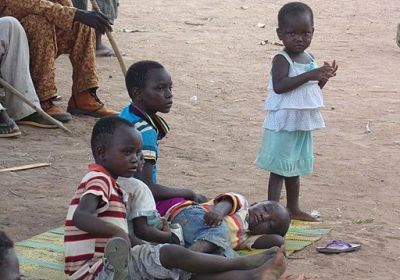
Without a joint effort to stop the effects of the COVID-19 pandemic on the global poor, the state of world poverty is looking grim, writes Astrid Paulsson.
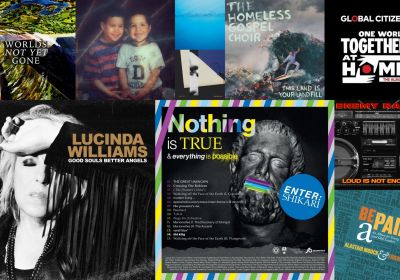
Mat Ward takes a look back at April's political news and the best new albums that related to it.
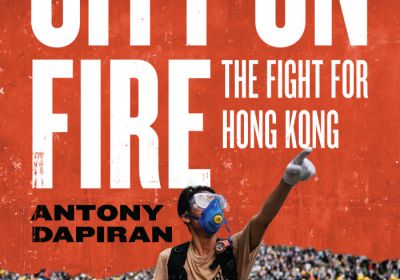
“Heung gong jan, gaa jau!” (Hong Kongers, add oil) is a rallying cry that could be translated to mean “Go Hong Kongers!” according to Anthony Daripan, as he recounts the experience of Hong Kong protesters last year facing police tear gas. Alex Salmon takes a look at his detailed account of the protest movement that erupted in June last year.
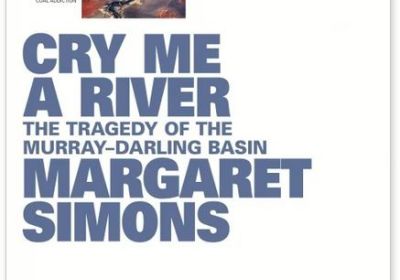
"Cry Me a River", the March 2020 Quarterly Essay by Margaret Simons, charts the course of the Darling River and its historic demise from an inland paddle steamer route to a broken chain of algal ponds of recent years, writes Tracey Carpenter.